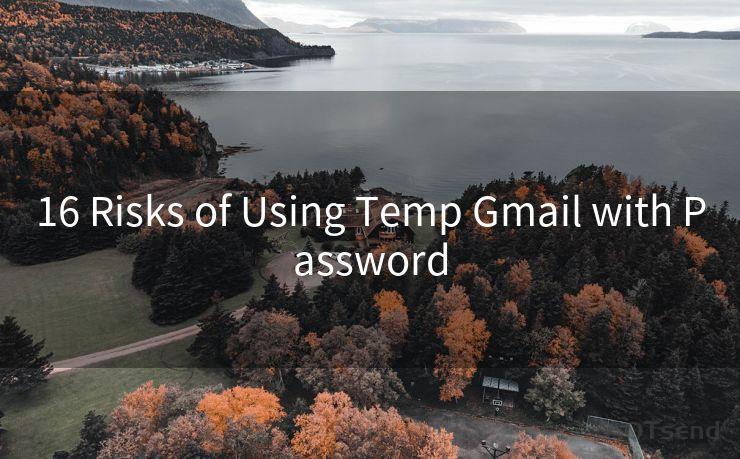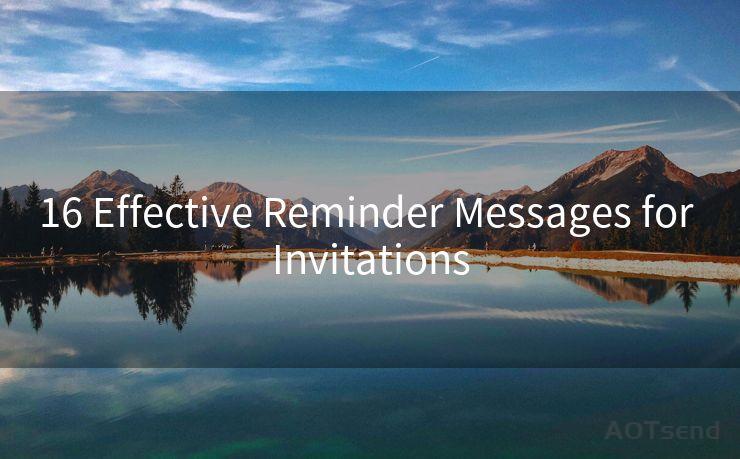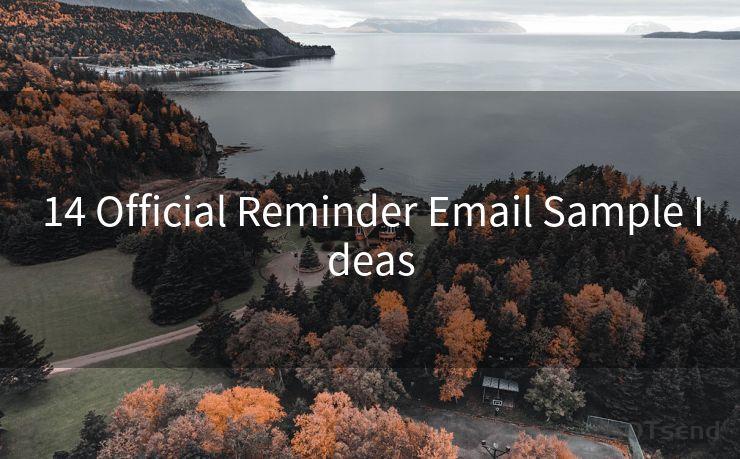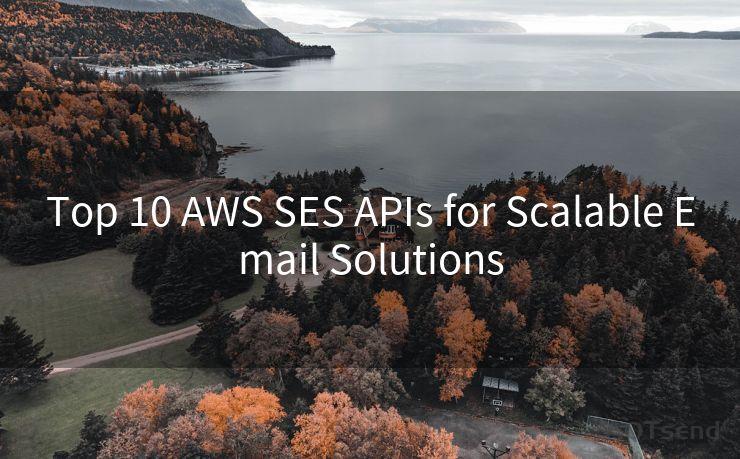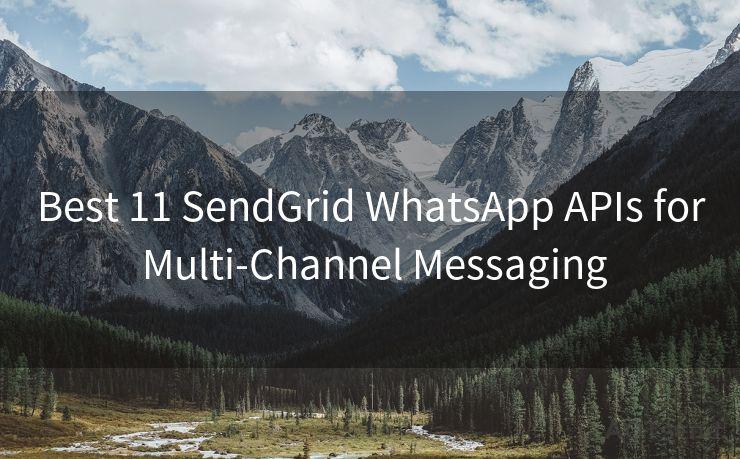14 Tips for Sending Email with Attachment via Gmail API




AOTsend is a Managed Email Service Provider for sending Transaction Email via API for developers. 99% Delivery, 98% Inbox rate. $0.28 per 1000 emails. Start for free. Pay as you go. Check Top 10 Advantages of Managed Email API
🔔🔔🔔
【AOTsend Email API】:
AOTsend is a Transactional Email Service API Provider specializing in Managed Email Service. 99% Delivery, 98% Inbox Rate. $0.28 per 1000 Emails.
AOT means Always On Time for email delivery.
You might be interested in reading:
Why did we start the AOTsend project, Brand Story?
What is a Managed Email API, Any Special?
Best 25+ Email Marketing Platforms (Authority,Keywords&Traffic Comparison)
Best 24+ Email Marketing Service (Price, Pros&Cons Comparison)
Email APIs vs SMTP: How they Works, Any Difference?
When it comes to sending emails with attachments using the Gmail API, there are several key tips and best practices to keep in mind. These tips will help you ensure that your emails are sent efficiently, securely, and without any hitches. Here are 14 essential tips for sending emails with attachments via the Gmail API:
1. Understand the Gmail API Basics
Before you start sending emails with attachments, it's crucial to have a solid understanding of the Gmail API and its functionalities. Familiarize yourself with the different methods and endpoints the API offers, especially those related to sending messages and attachments.
2. Set Up Authentication Properly
Authenticating your requests to the Gmail API is essential. Make sure you follow the OAuth 2.0 protocol correctly to obtain the necessary access tokens for secure communication.
3. Create a Well-Formatted Email Message
When constructing your email message, ensure it follows the proper format. This includes setting the 'To', 'From', 'Subject', and 'Body' fields correctly. Remember to encode your message in the appropriate MIME format.
4. Attach Files Correctly
Attaching files to your email requires careful handling. Ensure you're using the correct MIME type for your attachment and that it's properly encoded. Additionally, consider the size of your attachments; large files may need to be handled differently.

5. Optimize Attachment Upload
To improve efficiency, consider uploading large attachments to a cloud storage service and sharing the link in your email instead of directly attaching the file. This can significantly reduce the size of your email and improve delivery times.
6. Handle Errors Gracefully
When sending emails with attachments, be prepared to handle potential errors gracefully. Implement error-handling mechanisms to catch and manage issues like network failures, attachment size limits, or authentication problems.
7. Test in Different Environments
Before deploying your email sending functionality, test it in various environments. This includes different operating systems, email clients, and network conditions to ensure compatibility and reliability.
8. Monitor and Log Activity
Implement logging mechanisms to track and monitor your email sending activity. This will help you identify any issues or patterns that may arise, allowing you to troubleshoot and optimize your process effectively.
9. Follow Email Best Practices
Adhere to email best practices, such as using a clear and concise subject line, avoiding spammy language, and including a plain-text version of your email for better compatibility.
10. Consider Delivery Times
Be mindful of delivery times when sending emails with attachments. Large attachments can slow down delivery, so consider sending them during off-peak hours to minimize delays.
11. Protect Sensitive Information
If your attachments contain sensitive information, ensure they are properly encrypted and secured before sending. Utilize secure file transfer protocols and consider password-protecting your attachments.
12. Use the Batch Send Feature
If you're sending multiple emails with attachments, consider using the Gmail API's batch send feature. This allows you to send multiple messages in a single API request, improving efficiency and reducing the number of network calls.
13. Stay Updated on API Changes
The Gmail API is constantly evolving, so it's essential to stay updated on any changes or new features. Regularly check the Gmail API documentation and subscribe to relevant newsletters or forums for the latest updates.
14. Seek Help from the Community
If you encounter any issues or have questions about sending emails with attachments via the Gmail API, don't hesitate to seek help from the community. There are numerous forums, groups, and online resources dedicated to helping developers solve problems and share best practices.
By following these 14 tips, you can ensure that sending emails with attachments via the Gmail API is a smooth and efficient process. Remember to stay vigilant about security, optimize your attachments, and keep up with the latest API updates for the best results.




AOTsend adopts the decoupled architecture on email service design. Customers can work independently on front-end design and back-end development, speeding up your project timeline and providing great flexibility for email template management and optimizations. Check Top 10 Advantages of Managed Email API. 99% Delivery, 98% Inbox rate. $0.28 per 1000 emails. Start for free. Pay as you go.
Scan the QR code to access on your mobile device.
Copyright notice: This article is published by AotSend. Reproduction requires attribution.
Article Link:https://www.aotsend.com/blog/p7681.html

